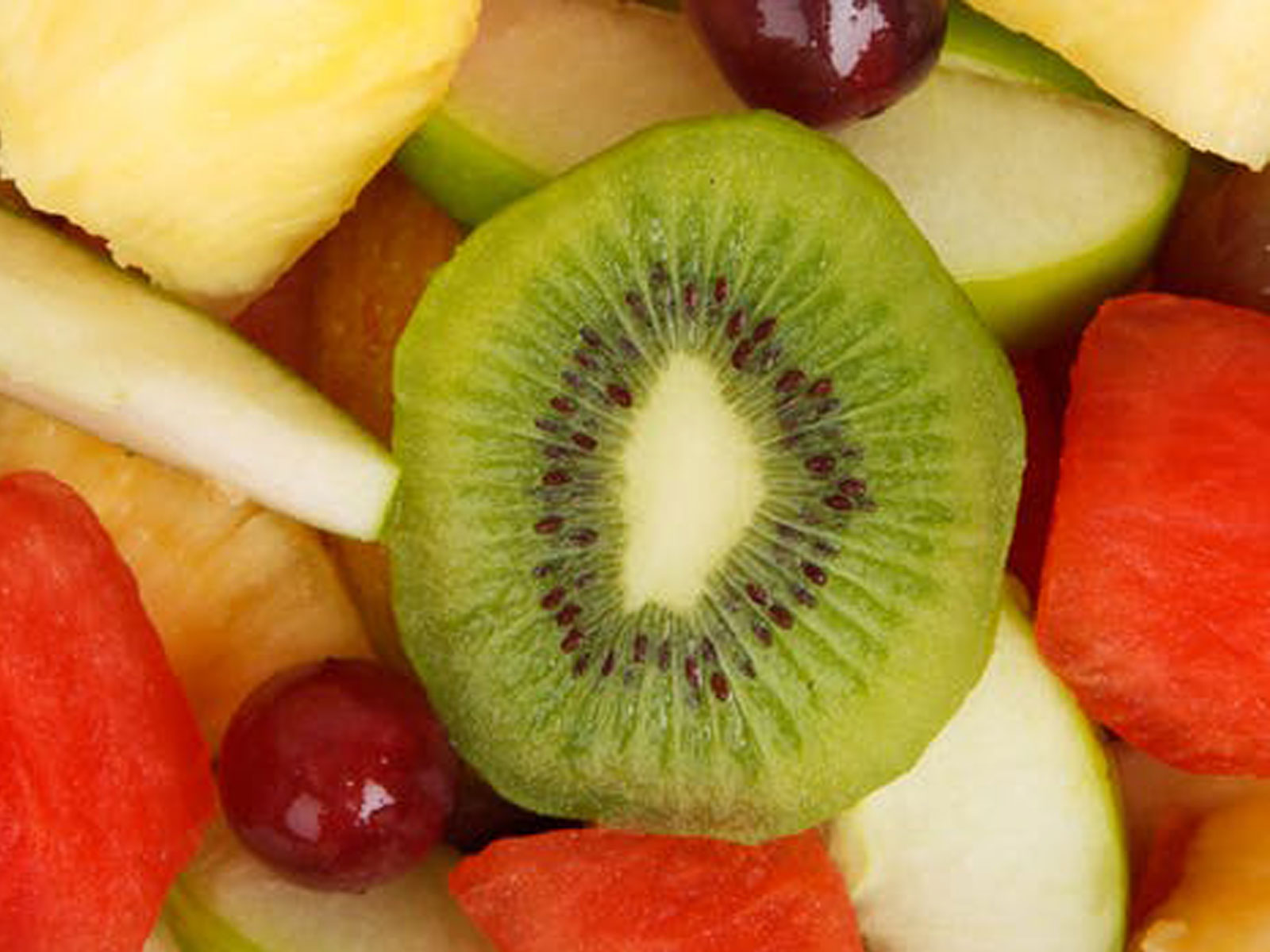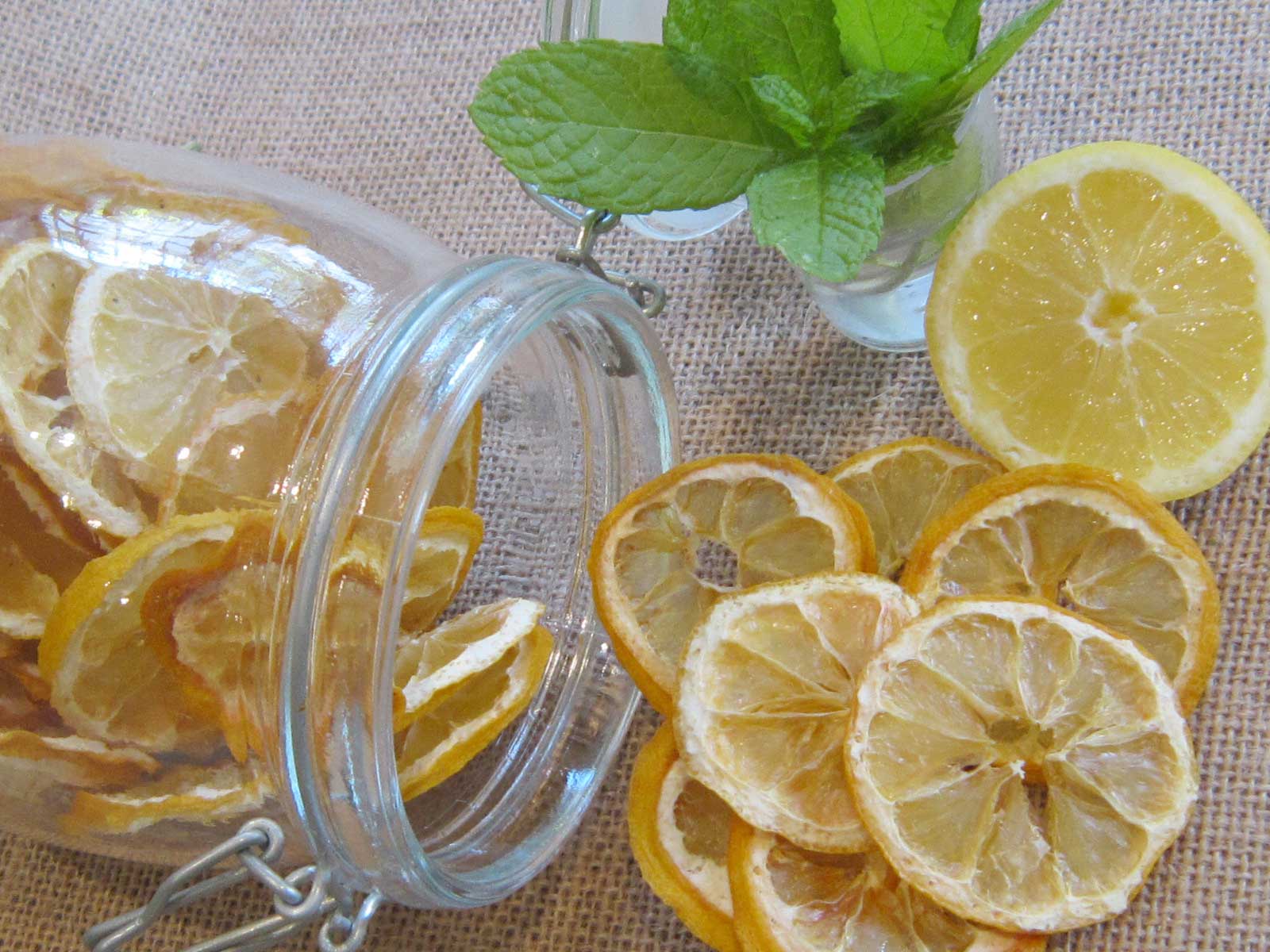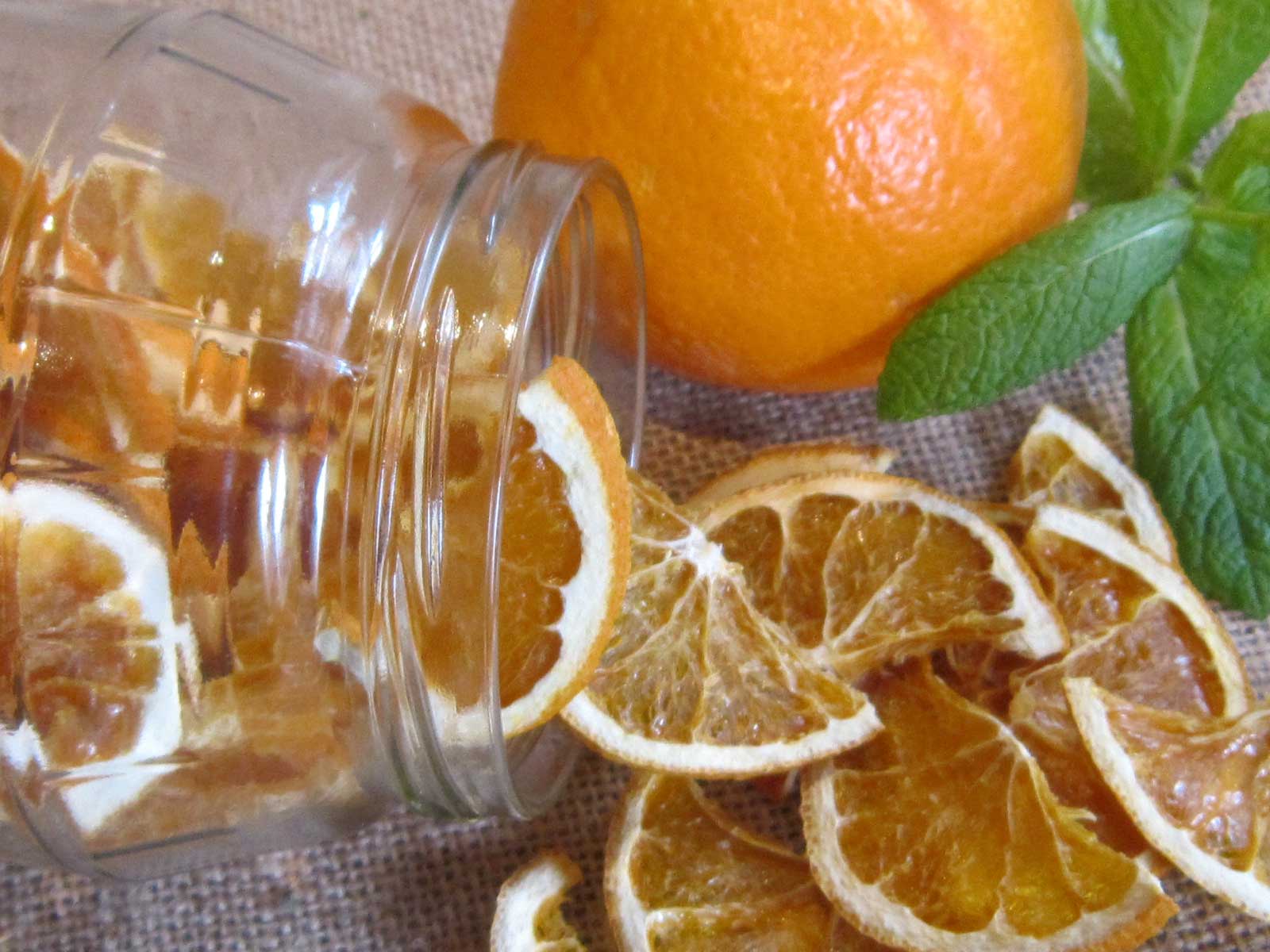| Fresh Weight | 100 Grams |
| Dried Weight | 13 Grams |
| Portion Weight | 10 Grams |
| Prep Time | 30 Minutes |
| Drying Time | 15 Hours |
| Drying Temperature | 135 Degrees |
| Health Benefits | Blood pressure, vision, asthma, immune system |
Despite the name, these fruits originate from China and are also known as the Chinese gooseberry. In China they are still considered the national fruit. They are small ovoid fruits covered in a brown hairy skin and they grow on a vine.
Their cultivation spread from the early 20th century and they are now grown in many parts of the world including the USA and some southern European countries (France and Italy are among the top ten producers worldwide). Only female plants bear fruit, and only when pollinated by a male plant.
The harvest season starts in November in the northern hemisphere , and in the southern hemisphere from May.
If harvested when firm they will keep for a number of weeks in plastic bags in the fridge (exclude as much air as possible.
To ripen quickly store with a banana in a paper bag out of the sunlight . Once ripe store away from other fruit to avoid further ripening.
Nutrition
Kiwi fruits contain more vitamin C than oranges, as much potassium as bananas and high levels of beta-carotene. They also contain a protein digesting enzyme called actinidin which makes a great meat tenderiser. Dried powdered kiwi fruit can be made into a paste and mixed with meat to tenderise it. Scrape off after about an hour and cook immediately.
Their nutritional density is very high, allowing them to be labelled a super fruit.
All parts of the fruit can be eaten including the skin which is very high in fibre though less pleasant on the palate. If you dry the skin seperately you can powder it and use to tenederise meat.
Caution
- Some people may be allergic to the actinidin in kiwi fruits which can cause itching around the mouth and in some cases could be quite severe and cause breathing problems.
- Actinidin also makes kiwifruit unsuitable for use in desserts containing milk or other dairy products, or gelatin, because the enzyme will digest the proteins they contain.
- The oxalates found in Kiwi fruit may crystallize and cause kidney or gallbladder problems. If you already suffer with these health issues you may want to avoid eating kiwi.




